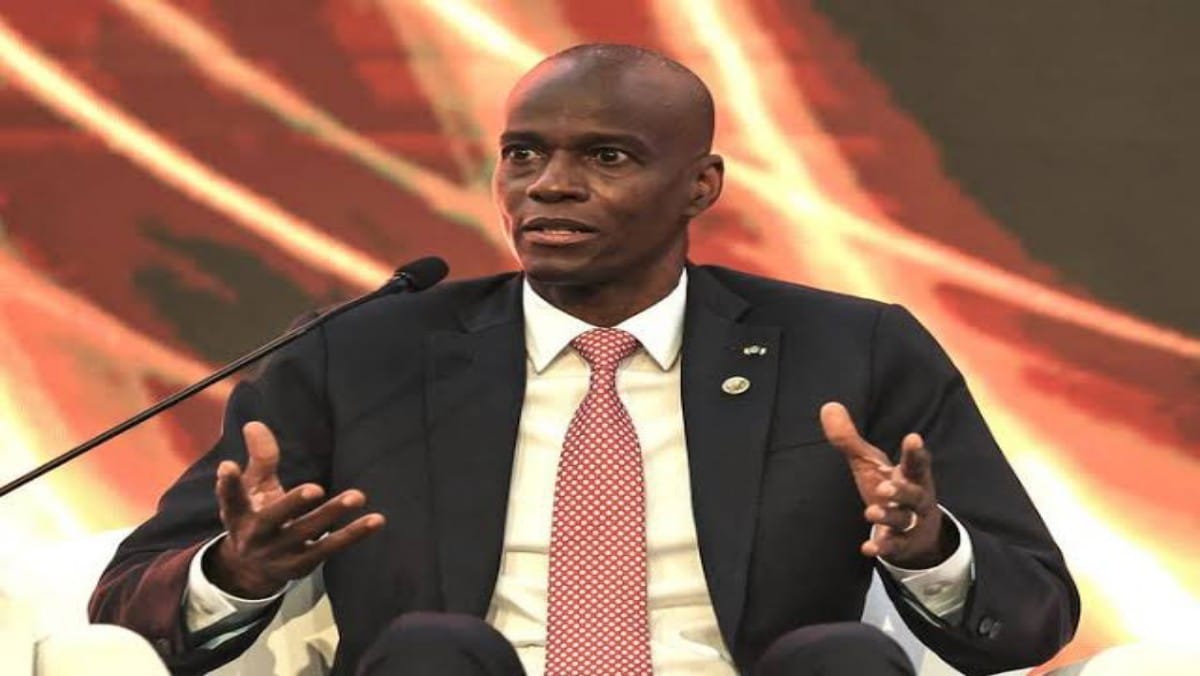Foreign
Haiti President Jovenel Moïse Has been Assassinated

The president of Haiti Jovenel Moïse was shot dead by gunmen in his private residence overnight on Wednesday. This has sparked an international outcry amid fears of a descent into chaos in the impoverished Caribbean nation.
The 53-year-old president’s wife, Martine Moïse, was also shot in the attack that took place around 1 a.m. local time at the couple’s home in the hills above Port-au-Prince, Joseph said in a statement. She was receiving medical treatment.
“Early information suggests it was a group of people who spoke English and Spanish. They were armed with high-calibre weapons,” Joseph said in his address to the nation. He called the assassination a “barbaric act.”
Interim Prime Minister Claude Joseph said in televised remarks after chairing a cabinet meeting that the government had declared a state of emergency amid confusion over who would take over the reins of the country. “My compatriots, remain calm because the situation is under control,” he said.
Joseph said the police and army had the security situation under control. The streets of the usually bustling capital of one million people were quiet and empty on Wednesday morning after the attack and intermittent gunfire overnight.
The international airport of Port-au-Prince was closed, according to local media. The airport director could not immediately be reached for comment.
Moïse, who was 53, ruled by decree for more than two years after the country failed to hold elections and the opposition demanded his resignation in recent months.
After taking office as president in 2017, Moïse, a banana exporter-turned-politician, faced fierce protests over corruption allegations and his management of the economy.
The Dominican Republic said it was closing the border it shares with Haiti on the island of Hispaniola.
The assassination, which drew condemnation from Washington and neighbouring Latin American countries, coincided with a wave of gang violence in the capital Port-au-Prince as armed groups have battled with police and one another for control of the streets in recent months, turning many districts of the capital into no-go zones.
See also Wild fires In Canada; Military to Provide Air Support.
Haiti, a country of about 11 million people and the poorest in the Western Hemisphere, has struggled to achieve stability since the fall of the Duvalier dictatorship in 1986, and has grappled with a series of coups and foreign interventions.
A UN peacekeeping mission — meant to restore order after a rebellion toppled then president Jean-Bertrand Aristide in 2004 — ended in 2019 with the country still in disarray.
In recent years, Haiti has been buffeted by a series of natural disasters and still bears the scars of a major earthquake in 2010.
Haiti’s economic, political and social woes have deepened recently, with gang violence spiking heavily in Port-au-Prince, inflation spiralling and food and fuel becoming scarcer at times in a country where 60 percent of the population makes less than $2 a day.



















